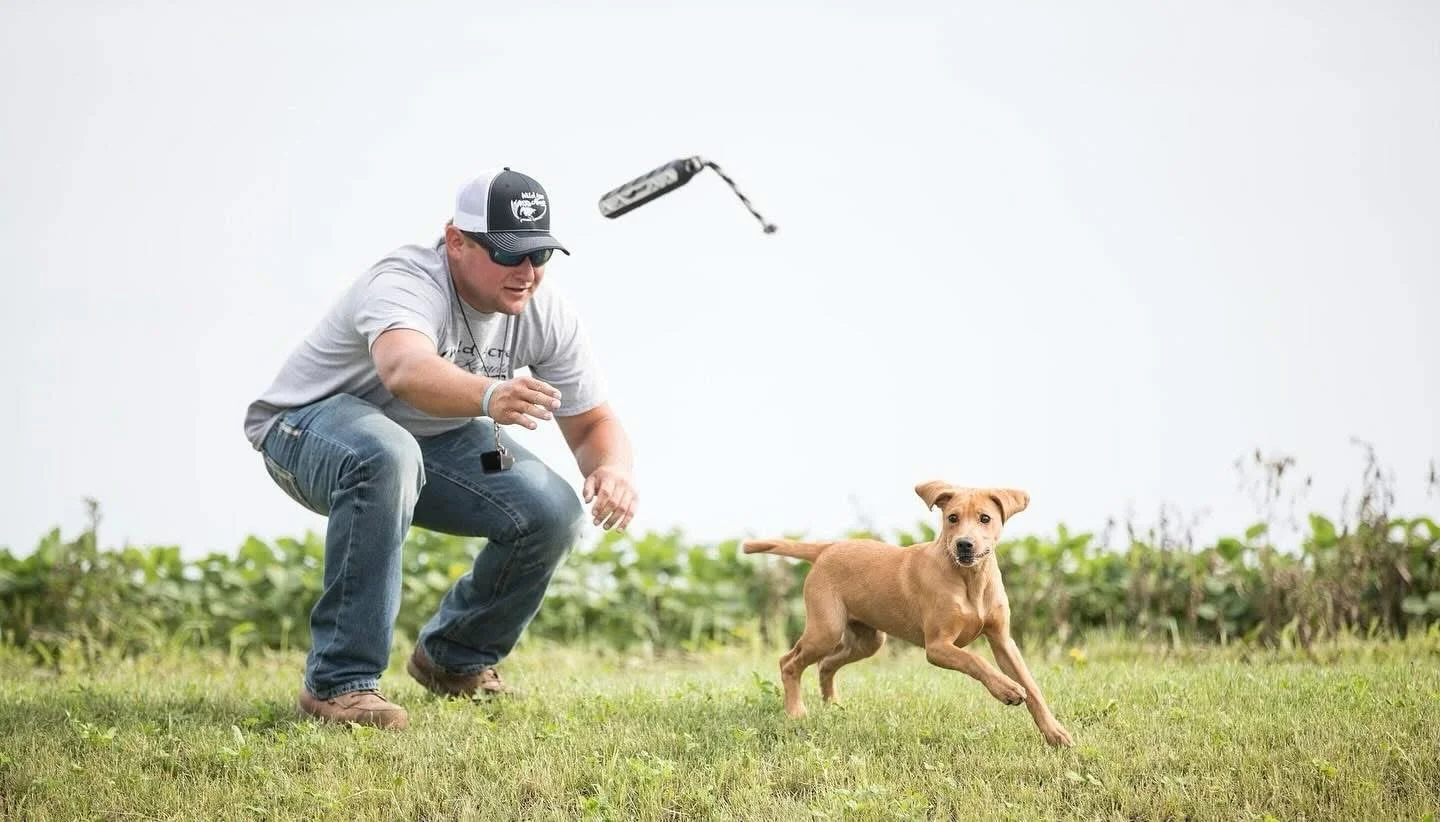The Breeding Behind the Performance
Breeding and Performance in Dogs: Striking the Balance Between Genetics and Potential
Whether you’re involved in dog sports, working dogs, or simply fascinated by canine capabilities, the link between breeding and performance is central to understanding what makes a dog excel. Breeding plays a crucial role in shaping not only a dog’s appearance but also its behavior, stamina, and overall performance potential. But with this power comes responsibility — and the need to prioritize health, temperament, and purpose over mere aesthetics or trend.
Understanding Performance in Dogs
"Performance" can mean different things depending on the context:
Working dogs (e.g., police, military, search and rescue)
Sporting dogs (e.g., agility, flyball, dock diving)
Herding or hunting breeds
Service animals (e.g., guide dogs, therapy dogs)
In all cases, performance encompasses physical traits like speed, endurance, and agility, as well as mental traits such as intelligence, trainability, focus, and resilience.
The Genetic Foundation: Why Breeding Matters
Performance starts with genetics. Breeding dogs with a history of success in specific fields increases the odds of passing down desirable traits. For example:
Labrador Retrievers bred for field trials tend to have strong retrieving instincts and water confidence. If you plan to purchase a Labrador retriever it’s important to research which Labrador fits your lifestyle best between English, British and American.
This is why selective breeding is so powerful — and potentially dangerous if done irresponsibly.
Responsible Breeding: More Than Just Pairing Champions
While breeding two top-performing dogs may seem like a sure path to excellence, it’s far more nuanced. Ethical, performance-focused breeding requires:
Health testing (hip/elbow scores, eye checks, genetic disease panels)
Temperament evaluation
Assessment of drive, nerve strength, and recovery
Pedigree analysis to avoid inbreeding or doubling up on weaknesses
Matching dogs based on complementary traits, not just titles
Breeding should aim to preserve and improve the breed’s purpose, not just produce more puppies or chase titles.
Nature Meets Nurture: Raising a High-Performance Dog
Genetics are only half the equation. Even the most well-bred puppy won’t perform if it’s raised in an unstimulating or unstable environment. Key factors include:
Early socialization and imprinting
Proper nutrition and physical development
Structured training with consistent feedback
Mental enrichment and stress resilience
Appropriate challenges based on developmental stages
Breeders often play a crucial role in the first 8 weeks, shaping a puppy’s early brain and body development.
Common Pitfalls in Performance Breeding
Here are some areas where breeding for performance can go wrong:
Over-selecting for intensity, creating dogs that are too high-drive for the average handler
Neglecting health in pursuit of titles or specific traits (e.g., sacrificing hip health for speed)
Breeding too often without proper recovery time or genetic diversity
Ignoring temperament, producing dogs that are reactive, fearful, or aggressive
The best breeders are those who strike a balance — dogs that are not only capable but also sound, stable, and safe to live with.
Final Thoughts: Breeding for the Future
Breeding dogs for performance is as much an art as it is a science. It requires deep knowledge of canine structure, genetics, behavior, and sport — but also a deep respect for the dogs themselves.
When done right, performance breeding can:
Advance entire working disciplines
Preserve endangered working lines
Improve service dog availability
Raise the standard of canine athleticism
But above all, it should never come at the cost of a dog’s well-being.
Key Takeaway
Performance breeding is not about creating the “perfect” dog — it's about producing dogs with purpose, soundness, and potential. The real performance is in how we raise, train, and respect them.
Looking for a Performance-Bred Hunting Dog?
At Wild Acre Kennels, we don't just breed Labrador Retrievers—we breed hunting partners with purpose, soundness, and proven genetics. Whether you're looking for your next hunting companion or want to learn more about our breeding program and upcoming litters, we're here to help you find the right fit.


